Endocrinology and Metabolism

Last Update Date: 2/20/2025 11:46:05 AM
Endocrinology and Metabolic Diseases is a branch of medicine that deals with the secretion, function and regulation of hormones in the body. This field deals with the diagnosis, treatment and prevention of diseases related to the hormonal system by examining the hormones produced by structures called endocrine glands and the effects of these hormones on target organs.
What are Endocrinology and Metabolic Diseases?
Endocrinology and metabolic diseases are diseases related to the functioning and balance of hormones produced by the glands of internal secretion. These diseases can have a significant impact on the body's growth, development, metabolism and other important functions. They can occur as a result of a number of factors such as genetics, environmental factors and lifestyle choices. These diseases can significantly affect quality of life and lead to serious health problems.
What are Endocrinology and Metabolic Diseases?
The specialty of the Department of Endocrinology and Metabolic Diseases is hormones and metabolic diseases. These are mainly:
- Diabetes mellitus (type 1 diabetes, type 2 diabetes, gestational diabetes)
- Obesity (obesity)
- Insulin resistance conditions (metabolic syndrome and polycystic ovary syndrome)
- Weakness (anorexia neurosa, blumia)
- Thyroid diseases (goiter, thyroid nodules, thyroid cancers, thyroid inflammation)
- Parathyroid diseases
- Pituitary diseases (growth retardation-short stature, acromegaly giant disease)
- Adrenal gland (adrenal gland) diseases
- Hirsutism (excessive hair growth)
- Hormonal diseases of the testis (egg) and ovary (ovary)
- Infertility
- Osteoporosis and other metabolic bone diseases
- Hypertension (high blood pressure)
- Lipid (blood fat) metabolism disorders and rare metabolic diseases.
Liv Hospital Endocrinology Diseases Clinic, which can also be explained as “hormone diseases”, has all the facilities for hormone tests and radiological imaging methods needed in the field of endocrinology and metabolic diseases. In the clinic, endocrinology patients are followed and treated with a holistic approach in cooperation with specialized physicians such as endocrine surgery, otolaryngology, pituitary surgery (neurosurgery), nuclear medicine, diabetic foot and wound team, cardiology.
Diabetic Foot Team
In our hospital, diabetes patients are monitored by a team of experienced endocrinologists, dieticians and diabetes nurses and patients are provided with diabetes education. Technological treatment and monitoring systems such as insulin pumps and continuous blood glucose monitoring are applied in our outpatient clinic. Regarding diabetes-related complications such as eye problems (retinopathy) and nerve damage (neuropathy), we work in cooperation with ophthalmologists and neurologists, who are also experienced physicians. Diabetic foot wounds, which are an important complication and can lead to limb loss if not treated quickly, are examined and treated without wasting time by the “Diabetic Foot Team”, which was established for this purpose and includes specialist doctors from closely related units. As a result, our Department has all the technical equipment and medical service facilities required by a “diabetes center”
Liv Thyroid Team
Liv Thyroid Team provides services in all examination, treatment and follow-up processes of thyroid diseases, which are seen in one out of every 3 adults in our country. The Thyroidology Department, which requires many branches to work together, consists of Endocrinology and Metabolism, Endocrine Surgery, Radiology, Pathology, Nuclear Medicine, Ophthalmology (Eye Health) and Otorhinolaryngology departments. In the department, where patients seeking an appointment for thyroid and parathyroid disease are directed, the Thyroid Team, whose common working principles have been determined, quickly completes the initial evaluation and examinations, and then plans the treatment within the framework of scientific approaches accepted all over the world today.
The Thyroidology Council, which brings together physicians from all relevant departments, determines the treatment method with a multidisciplinary perspective in challenging cases.

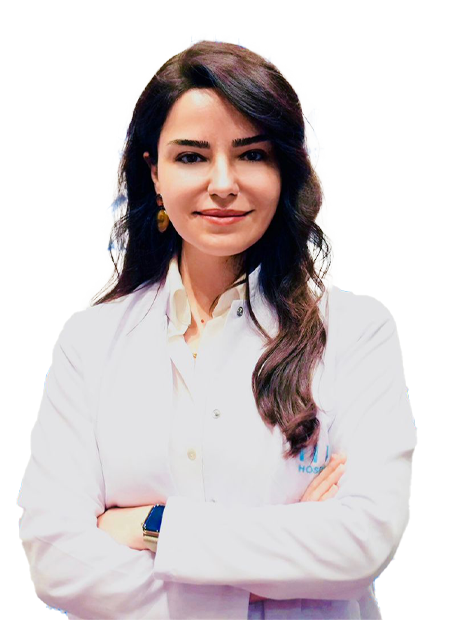

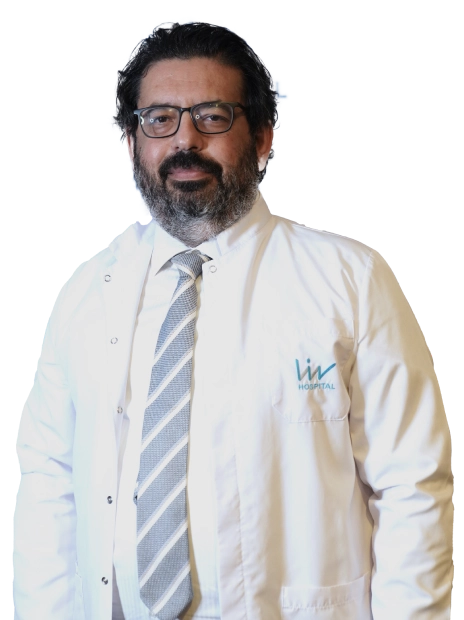

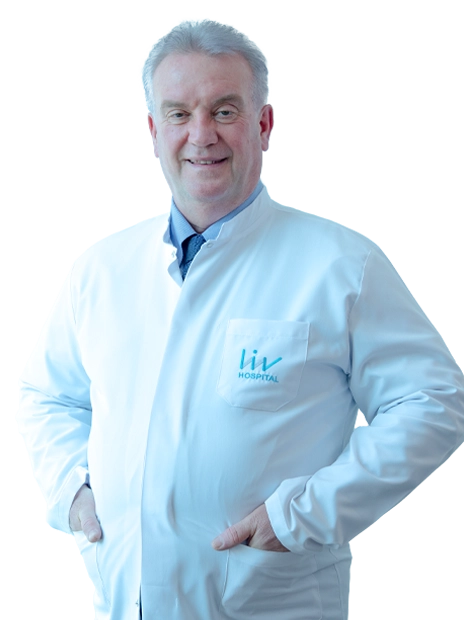

.png)
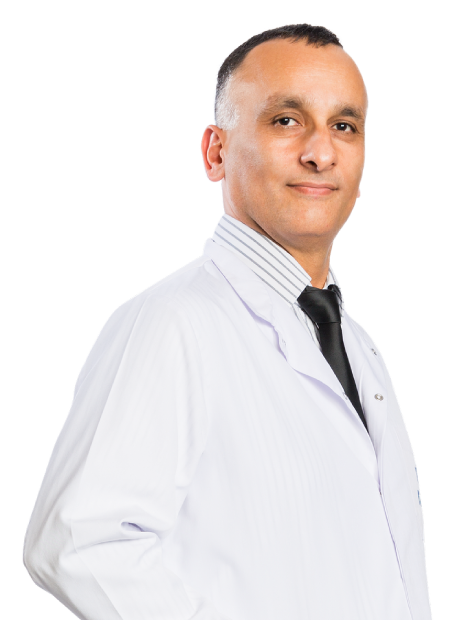
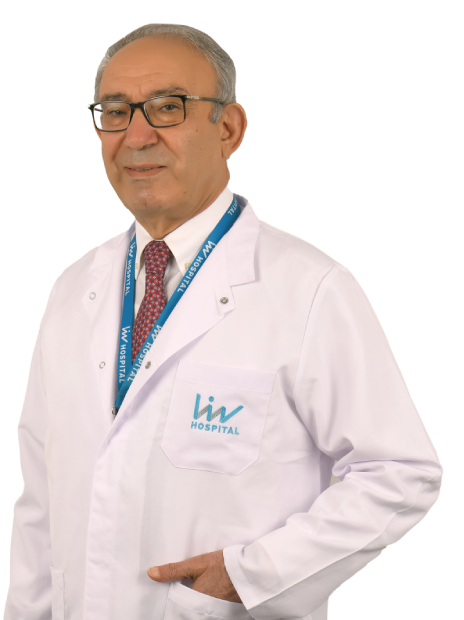
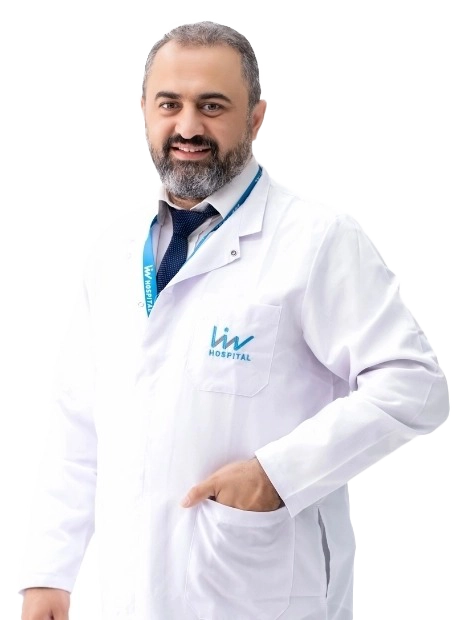

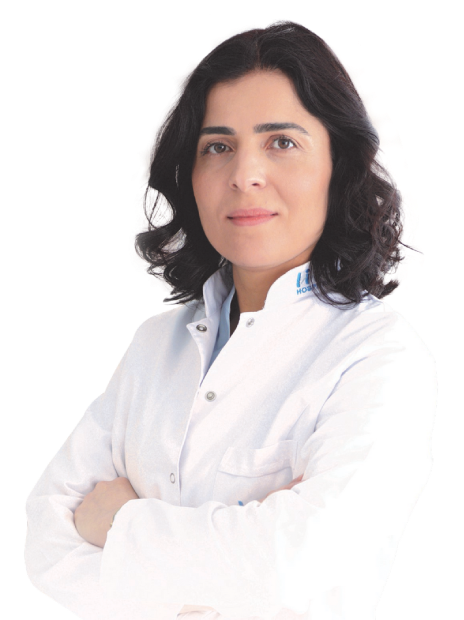

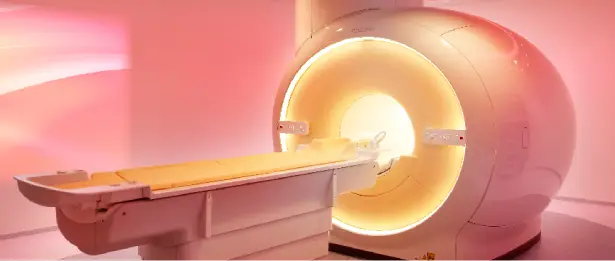
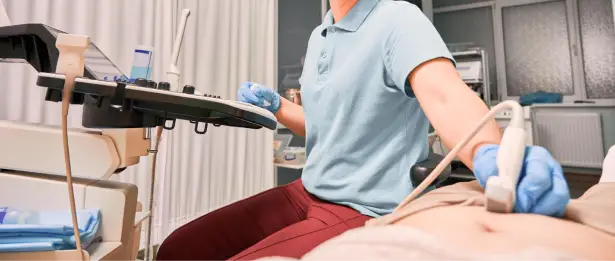
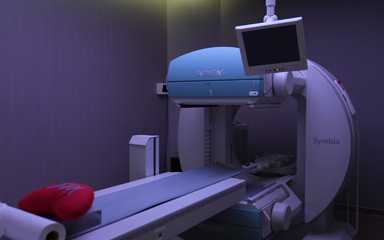

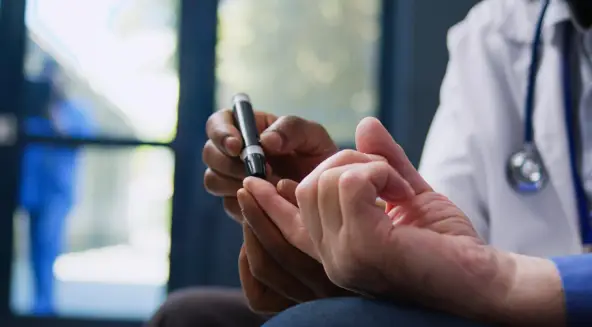
.png)

.webp)